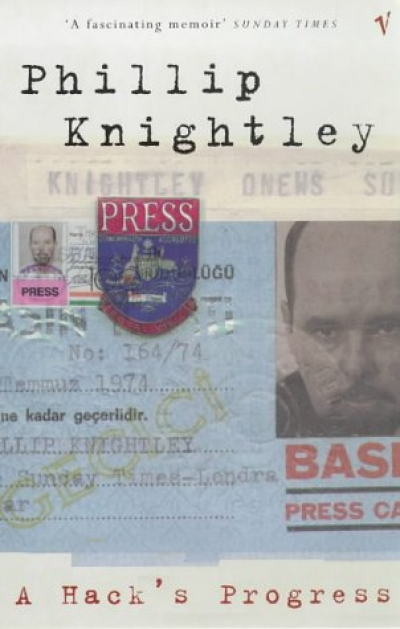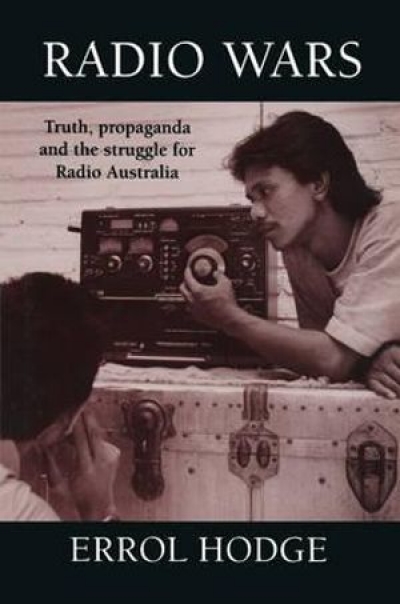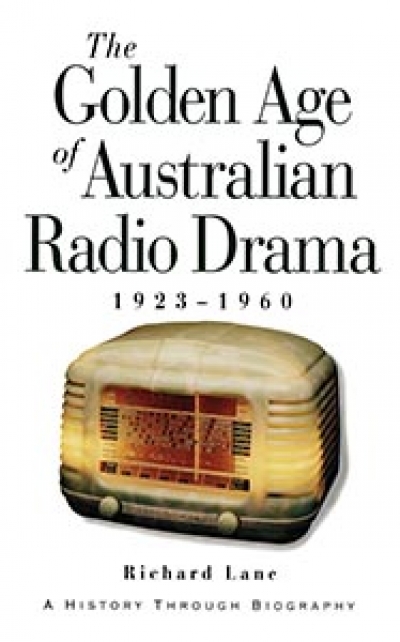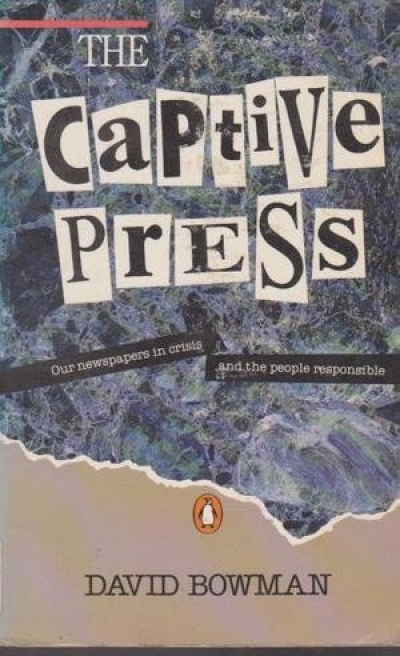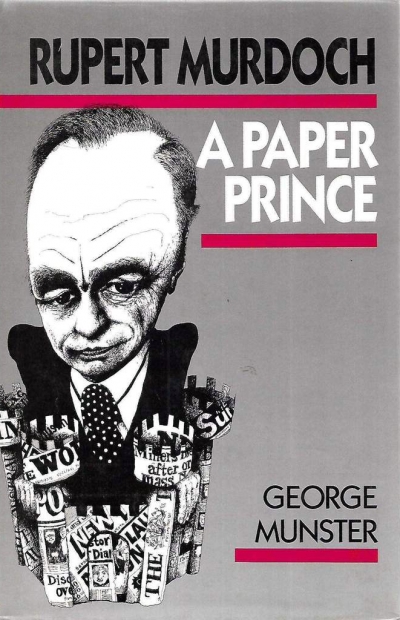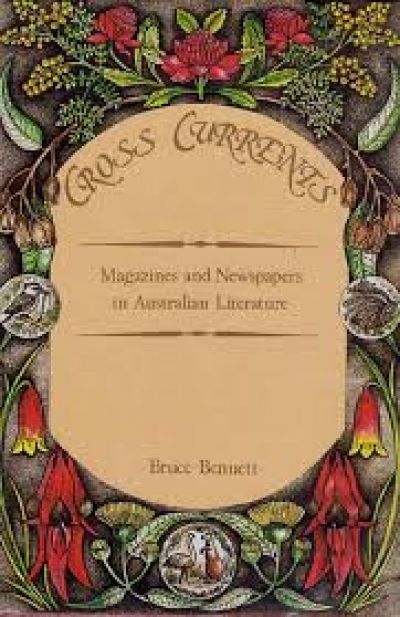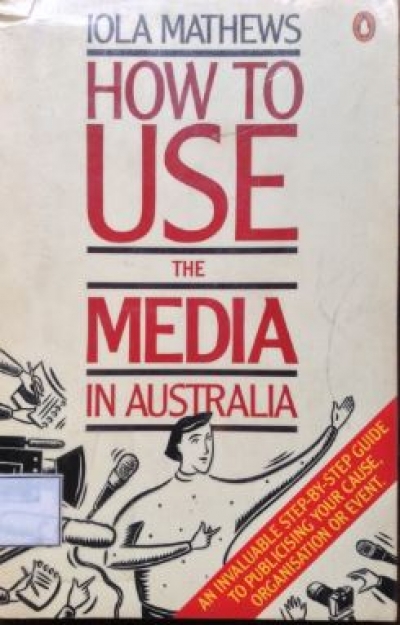Media
Radio Wars: Truth, propaganda and the struggle for radio Australia by Errol Hodge
Western society’s thirst for ease and comfort is insatiable. Every innovation which minimises effort is leapt upon, not always with respect for social and environmental costs. Cars are automatically-geared, air-conditioned, full of devices to save even the effort of winding windows. Unaware of the strain such comforts may cause on natural resources (unless we exert ourselves to find out), we expend scarcely any personal effort on traversing huge distances, where our ancestors who had to walk knew exactly how much energy their travel needed. Living in comfortable homes where clean water is a tap’s turn away, we need give no thought to what sustains the supply, where our forebears knew precisely how much effort was needed to get water (and therefore used it more carefully). Even in pursuit of pleasure we welcome less effort. We love the technology which brings the sound of huge orchestras into our living rooms. We expect to see all kinds of cultural display at the touch of a remote control.
... (read more)The Golden Age of Australian Radio Drama, 1923–1960: A history through biography by Richard Lane
It is Sunday and that is all it is. I have just read the Australian. It is not Australian. It is The Cringe. I have struggled to like Phillip Adams for years; I liked him when he was Phillip Adams – I guess he did too. He worships Mammon when he once seemed to worship cries in the street and whispers from above. No God in him.
... (read more)
